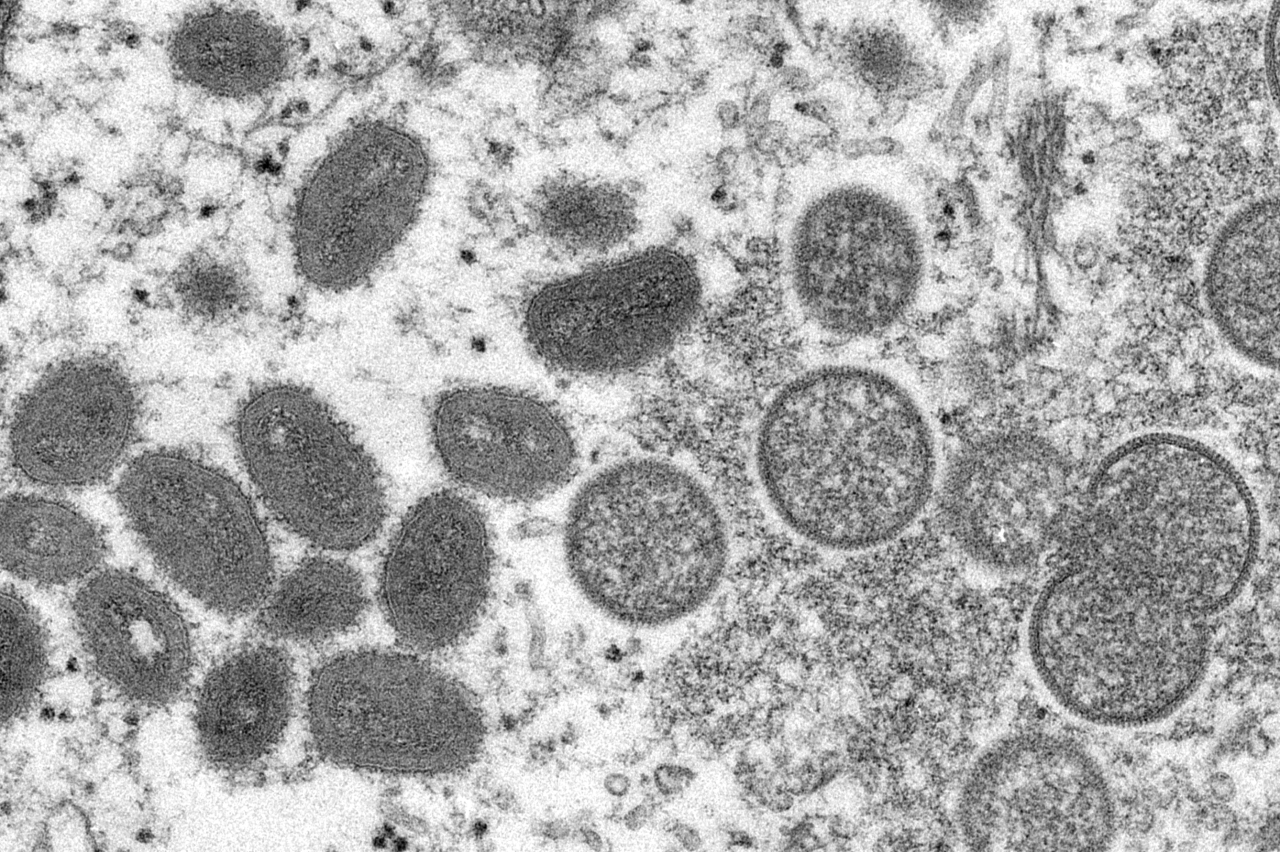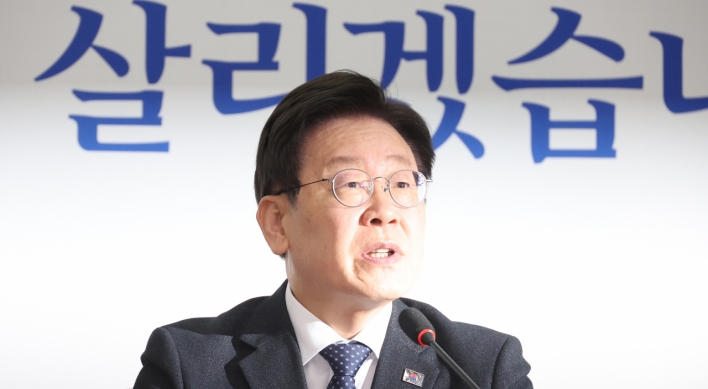
South Korea will keep the current level of response against monkeypox, public health officials said Monday.
The Korea Disease Control and Prevention Agency and the Ministry of Health and Welfare called an emergency meeting over monkeypox on Monday, and decided not to tighten rules based on their assessment of risk to the South Korean population.
The emergency meeting follows the World Health Organization’s declaration Saturday that the monkeypox outbreak constitutes a public health emergency of international concern, its highest alert. This makes monkeypox the first viral outbreak to be labeled an international emergency by the WHO since COVID-19 in January 2020.
In a press release, health officials said despite the highest alert from the WHO, the situation here hasn’t changed since the discovery of a local monkeypox patient on June 22. They cited the WHO assessment that outside of Europe, the risk of monkeypox was still moderate.
South Korea requires both patients of monkeypox and their close contacts to stay isolated for a minimum of 21 days.
There are about 500 doses of tecovirimat, the only available medication for monkeypox, in the country, with plans underway to secure enough third-generation smallpox vaccines to cover 5,000 people.
The monkeypox prevention steps outlined by the KDCA include refraining from visiting places with known monkeypox outbreaks; avoiding close contact with people with probable symptoms; washing hands often and maintaining personal hygiene.
By Kim Arin (arin@heraldcorp.com)



![[Herald Interview] 'Amid aging population, Korea to invite more young professionals from overseas'](http://res.heraldm.com/phpwas/restmb_idxmake.php?idx=644&simg=/content/image/2024/04/24/20240424050844_0.jpg&u=20240424200058)






![[Hello India] Hyundai Motor vows to boost 'clean mobility' in India](http://res.heraldm.com/phpwas/restmb_idxmake.php?idx=644&simg=/content/image/2024/04/25/20240425050672_0.jpg&u=)







